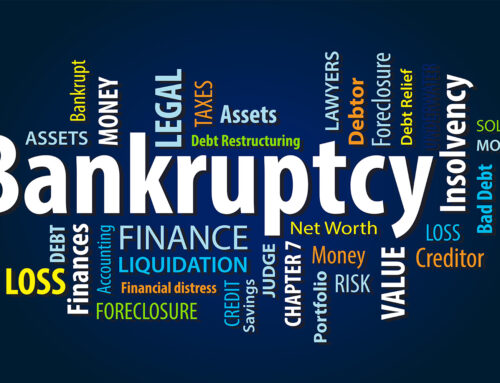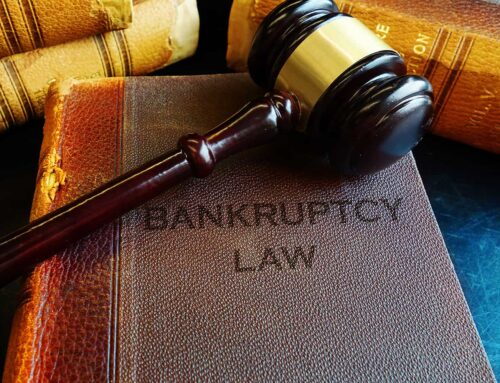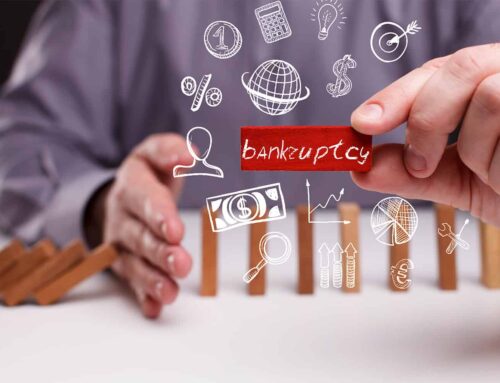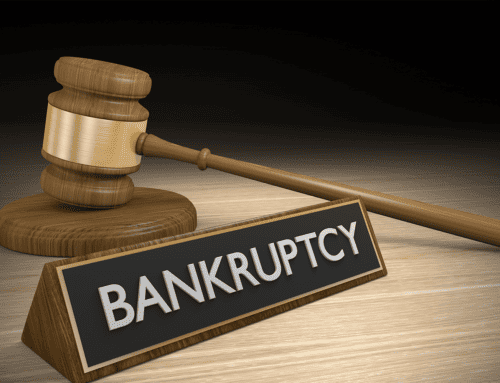Most people rightfully approach the idea of filing for bankruptcy with a great deal of trepidation. While there are benefits and drawbacks to embarking on this legal journey, such a serious step deserves careful consideration. When the stress of dealing with persistent creditors and trying to scrape together minimum payments every month becomes too great, bankruptcy provides a way for Californians to get their financial lives under control.
Understand What Bankruptcy Involves
The legal process of bankruptcy begins when a person mired in debt files a petition for bankruptcy in the federal court system. Several types of filings exist under the United States Bankruptcy Code. Most individuals file under Chapter 7, which wipes out eligible unsecured debts by liquidating the petitioner’s assets, or Chapter 13, which reorganizes debt with a three- to five-year repayment plan. In either case, the laws governing the process focus on providing debt relief for the petitioner while treating the creditors as fairly as possible.
The bankruptcy court appoints a bankruptcy trustee to oversee the process and review which assets become part of the debtor’s bankruptcy estate used to pay creditors. If you’re contemplating bankruptcy, be prepared to provide a list of all your creditors and the amounts owed to each, as well as an accounting of your assets, including cash, bank accounts, real estate and personal property.
Review the Benefits Bankruptcy Affords the Petitioner
Some positive outcomes await debt-burdened individuals who take the leap of filing for bankruptcy. These advantages range from financial improvements to the alleviation of mental and emotional pressure.
Receive Advice From Financial Experts
Since the federal bankruptcy law requires participation in credit counseling during the six months before filing, you actually benefit from going over your money issues with a professional financial advocate. A number of agencies are approved for California bankruptcy petitioners, including choices of in-person classes, online courses and phone counseling. The law caps fees at $50, but checking options may result in an approved course for less.
The advantage of this requirement involves valuable insights into your financial situation. You may actually learn strategies for resolving your debt issues without resorting to bankruptcy. Sometimes the credit-counseling agency can help negotiate reduced payments or extended time.
Put an End to Creditor Harassment
Once you file a bankruptcy petition with the court, the judge issues an automatic stay requiring your creditors to immediately cease all debt collection activities, including phone calls and letters. In addition, they cannot repossess your vehicles or other property or initiate lawsuits against you. It may also halt wage garnishments, foreclosures, evictions and — at least temporarily — utility shut-offs.
Rally Your Resources
With a temporary end to phone calls from collection agencies and confrontations with creditors, you can take a deep breath and strategize your next moves. If you have a partner, sit down and brainstorm ways to revamp your lifestyle and live within your means. Make sure you know exactly where you stand financially and decide the best way to move forward after bankruptcy.
Experience the Satisfaction of a Clean Slate
The whole bankruptcy process is designed to give people who’ve made mistakes or suffered misfortune a second chance at handling their finances responsibly. The opportunity to go back to square one and start over provides a sense of relief and motivation to work harder and change negative habits.
Enjoy Peace of Mind
For some individuals, large debts and money problems can affect their physical, mental and financial health. This often leads to problems at work and strained relationships. Once the bankruptcy process is complete and debts are discharged, a true sense of peace and the ability to enjoy life again can ensue.
Beware of Bankruptcy Realities
Bankruptcy is a legal process that carries responsibilities and consequences. While it may impart advantages and needed relief, it can hamper future credit opportunities. Chapter 7 bankruptcies remain on credit reports for 10 years while Chapter 13 bankruptcies are listed for seven years.
For a free consultation with a California bankruptcy expert, contact the offices of Brent D. George today at (805) 494-8400. You will receive an honest, caring and professional evaluation of your individual situation and steps you can take for relief.







